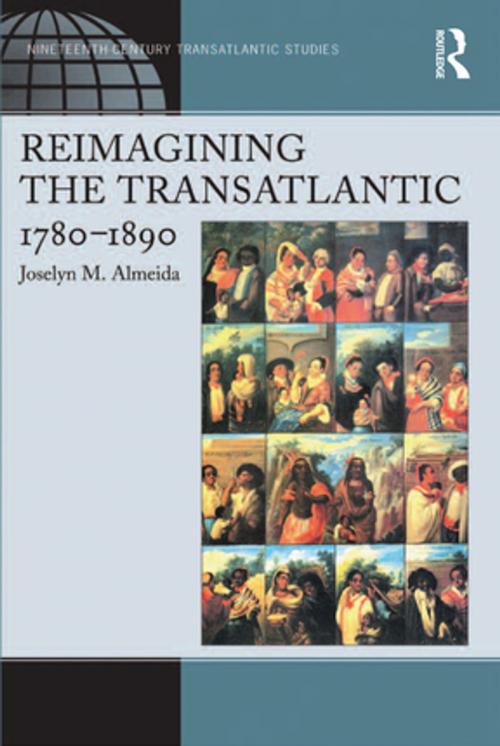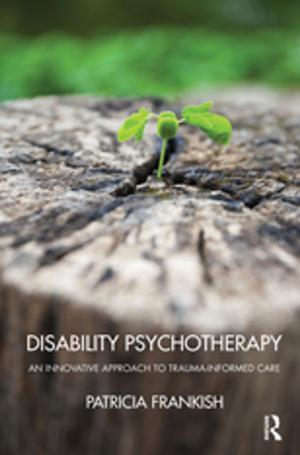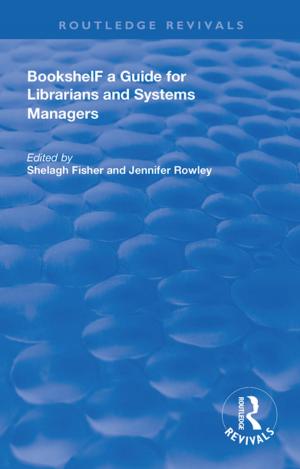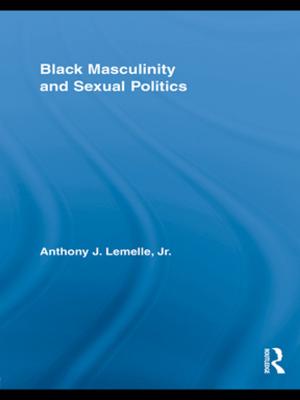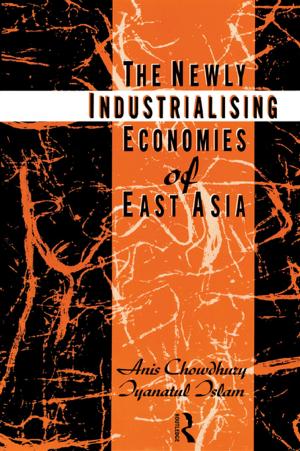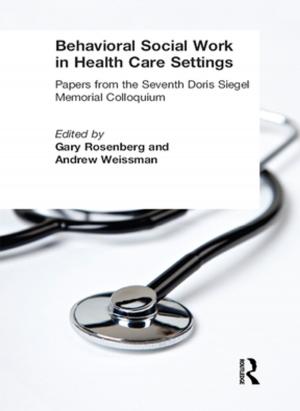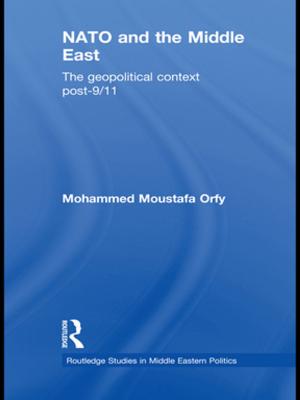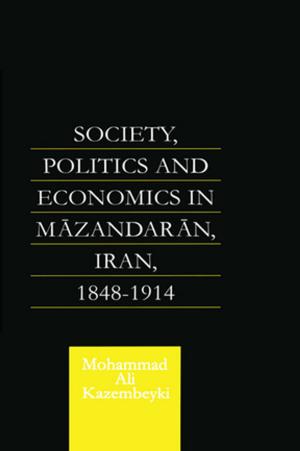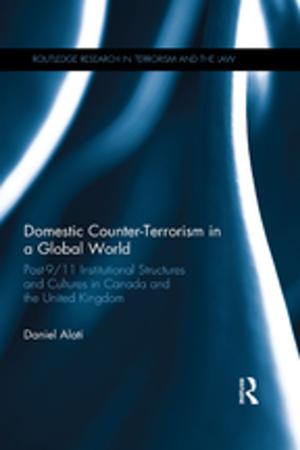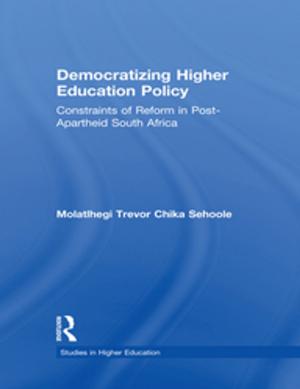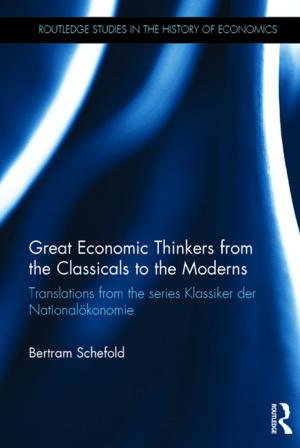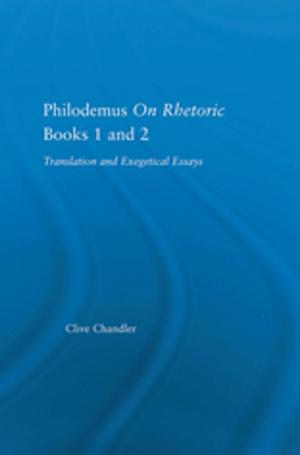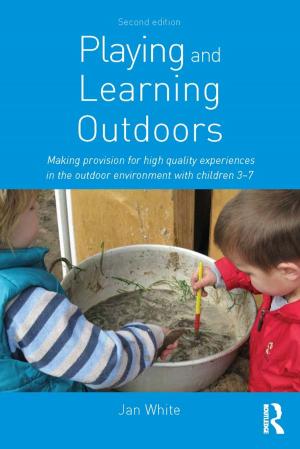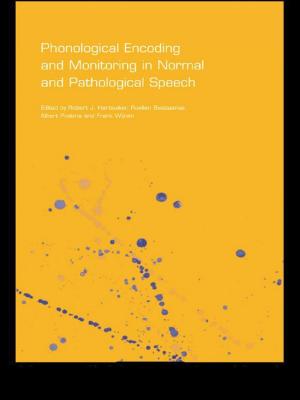| Author: | Joselyn M. Almeida | ISBN: | 9781317068587 |
| Publisher: | Taylor and Francis | Publication: | April 8, 2016 |
| Imprint: | Routledge | Language: | English |
| Author: | Joselyn M. Almeida |
| ISBN: | 9781317068587 |
| Publisher: | Taylor and Francis |
| Publication: | April 8, 2016 |
| Imprint: | Routledge |
| Language: | English |
In her thought-provoking study of Britain's relationship with Latin America and the Caribbean during the Romantic and Victorian periods, Joselyn M. Almeida makes a compelling case for extending the critical boundaries of current transatlantic and circumatlantic scholarship. She proposes the pan-Atlantic as a critical model that encompasses Britain's relationship to the non-Anglophone Americas given their shared history of conquest and the slave trade, and underscores the importance of writings by Afro-British and Afro-Hispanophone authors in formulating Atlantic culture. In adopting the term pan-Atlantic, Almeida argues for the interrelationship of the discourses of discovery, conquest, enslavement, and liberation expressed in literary motifs such as the New World, Columbus, and Las Casas; the representation of Native Americans; the enslavement and liberation of Africans; and the emancipation of Spanish America. Her study draws on the works of William Robertson, Ottobah Cugoano, Francisco Clavijero, Francisco Miranda, José Blanco White, Richard Robert Madden, Juan Manzano, Charles Darwin, and W. H. Hudson, uncovering the shared cultural grammar of travel narratives, abolitionist poems, novels, and historiographies that crosses national and linguistic boundaries.
In her thought-provoking study of Britain's relationship with Latin America and the Caribbean during the Romantic and Victorian periods, Joselyn M. Almeida makes a compelling case for extending the critical boundaries of current transatlantic and circumatlantic scholarship. She proposes the pan-Atlantic as a critical model that encompasses Britain's relationship to the non-Anglophone Americas given their shared history of conquest and the slave trade, and underscores the importance of writings by Afro-British and Afro-Hispanophone authors in formulating Atlantic culture. In adopting the term pan-Atlantic, Almeida argues for the interrelationship of the discourses of discovery, conquest, enslavement, and liberation expressed in literary motifs such as the New World, Columbus, and Las Casas; the representation of Native Americans; the enslavement and liberation of Africans; and the emancipation of Spanish America. Her study draws on the works of William Robertson, Ottobah Cugoano, Francisco Clavijero, Francisco Miranda, José Blanco White, Richard Robert Madden, Juan Manzano, Charles Darwin, and W. H. Hudson, uncovering the shared cultural grammar of travel narratives, abolitionist poems, novels, and historiographies that crosses national and linguistic boundaries.
